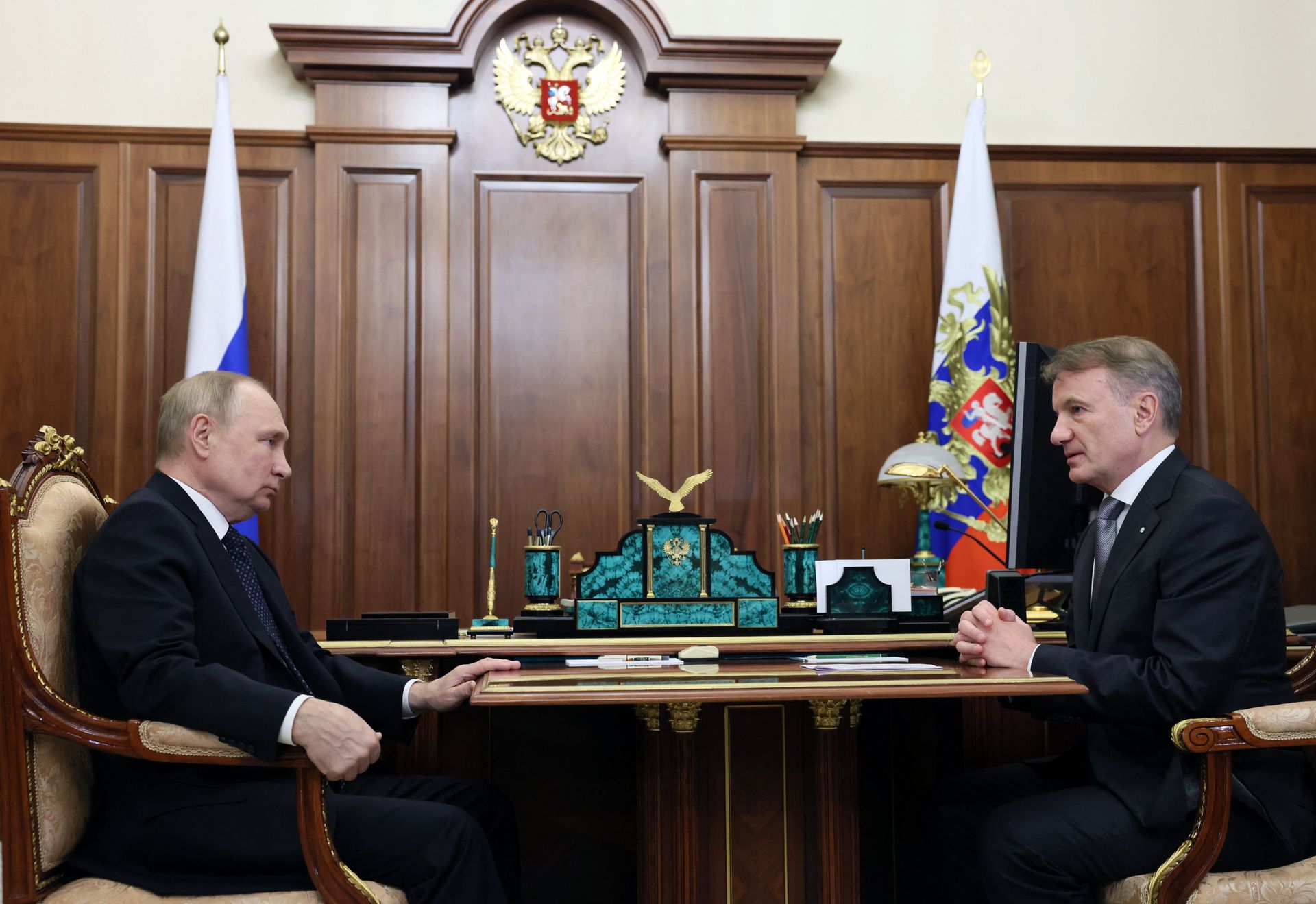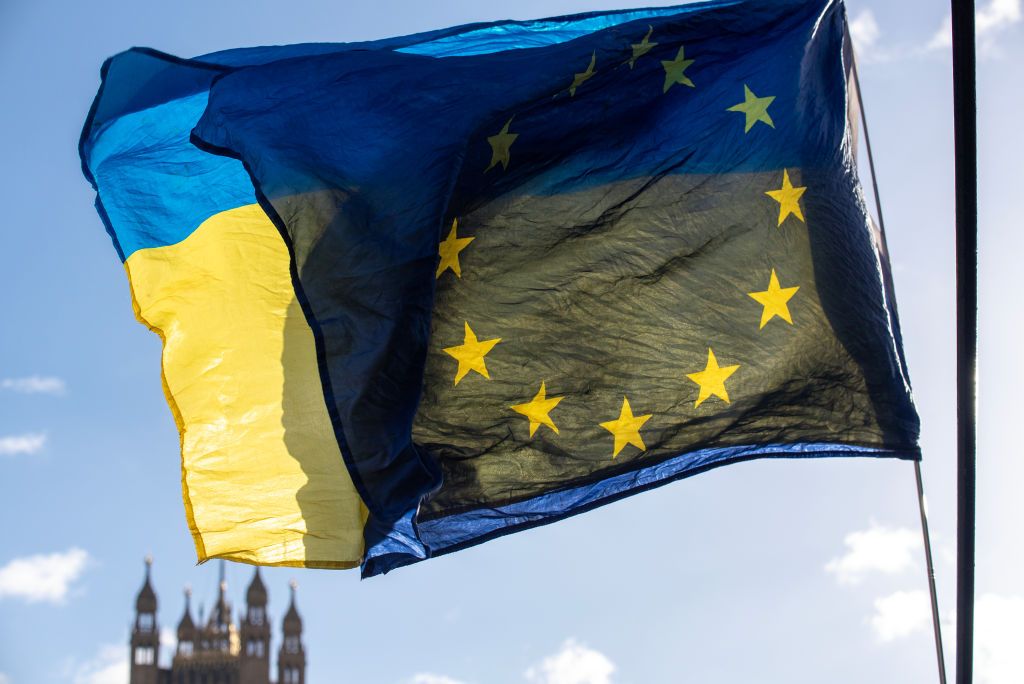Amid dwindling economy, number of Russian businesses falls to lowest levels since 2010, Foreign Intelligence Service says

Amid Russia's dwindling economic prospect, the number of registered businesses operating in in the country has fallen to lows not seen since 2010, Ukraine's foreign intelligence service (SZRU) announced.
According a news release issued on Sept. 19 by the SZRU, Russia has shed approximately 486,000 business since 2022, leaving the country with 3.17 million business enterprises operating across the country, as of Sept. 1, 2025.
The total marks a significant drop from post-invasion levels, when Russia had approximately 3.29 million operating in 2023.
Following an initial economic surge led by the country's defense industry following the start of Russia's full-scale invasion, Russia's economy has continued to face uncertainty amid high inflation, slowed economic growth, and near-record interest rates. Trade sanctions have also limited access to markets for businesses, leading to dampened economic opportunities.
The SZRU primarily blamed Russia's high interest rates, dictated by the central bank, as well as "increased tax control."
Amid the uncertainty, the Russian government is considering implementing additional measures to keep the economy afloat, including raising the value-added tax rate, Reuters reported on Sept. 18, citing four unnamed sources.
The Central Bank had also kept raising the interest rate since September 2022, when it stood at 7.5%.
Russia's Central Bank announced on Sept. 12 that it had cut its key interest rate for the third time this year, lowering it from 18% to 17%. Despite the change, the rate had climbed to 21% and remained at such levels for over half of 2025.
The SZRU said that businesses in the trade, construction, and industrial industries closed most often since the start of full-scale war, adding that under current levels, 1.5 times more businesses are shuttering operations than entering the market.
Despite the challenges faced by Russia's economy, Moscow has shown no indication it is ready to halt its war in Ukraine. Russian President Vladimir Putin has repeatedly refused to attend an in-person meeting with President Volodymyr Zelensky, initially brokered by U.S. President Donald Trump.
Kyiv has called on Western allies to implement additional economic pressures to force Putin to the negotiating table.
The European Commission unveiled on Sept. 19 the proposed next package of sanctions against Russia over its full-scale war against Ukraine, targeting Russian banks and energy revenues.
Amid pressure from the United States, the EU's executive arm is proposing a complete import ban on Russian liquefied natural gas (LNG). Reuters previously reported that the ban should take effect in January 2027, a year earlier than the originally planned phase-out of Russian energy imports.












